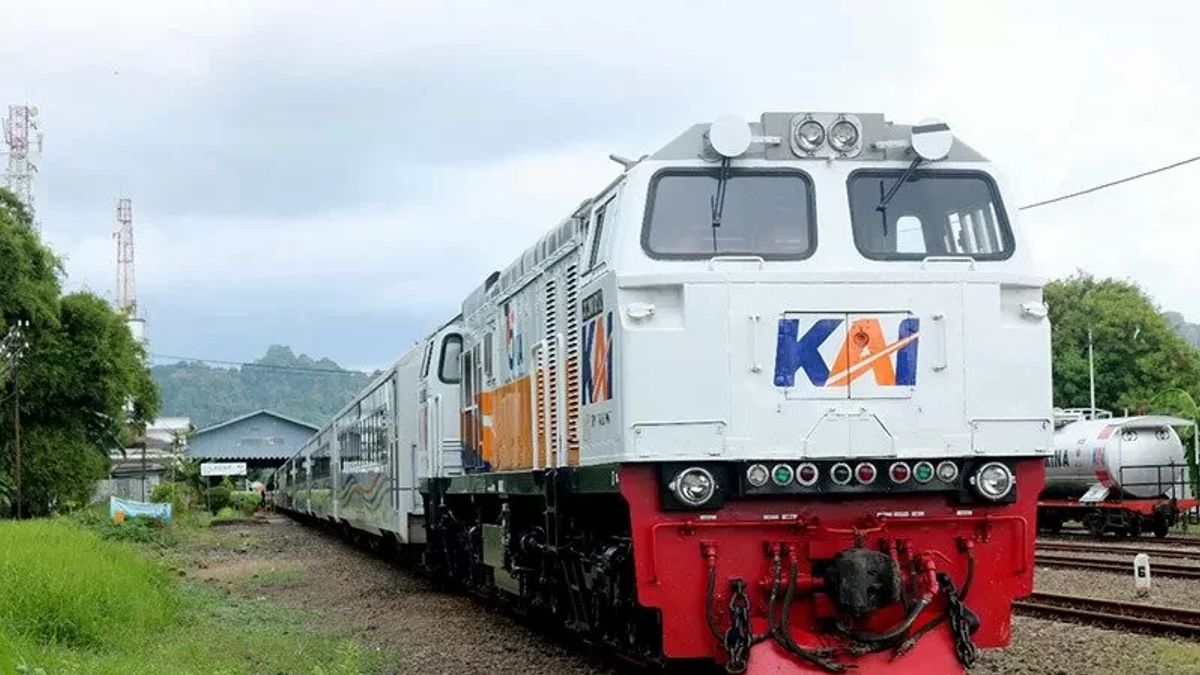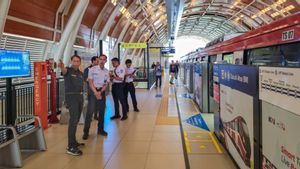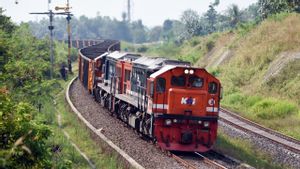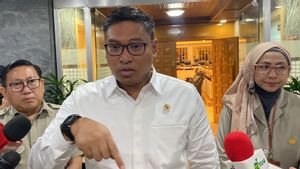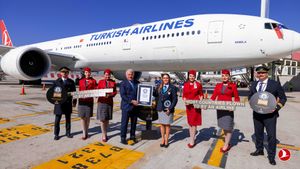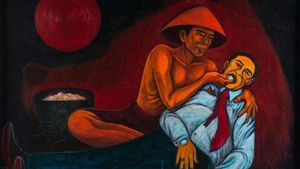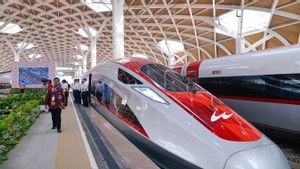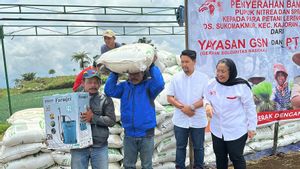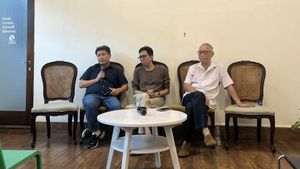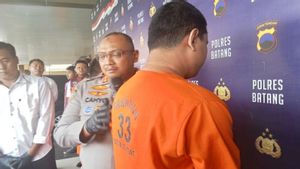JAKARTA - PT Kereta Api Indonesia (Persero) or KAI collaborated with BPH Migas to realize the efficiency of the use of subsidized fuel oil (BBM) in the railway sector.
KAI VP Public Relations Anne Purba said KAI would utilize the subsidized fuel allocation set by the government through BPH Migas optimally to support the mobility of goods and passengers by train.
"KAI will also continue to collaborate with relevant stakeholders such as BPH Migas to ensure that the distribution of subsidized fuel runs smoothly and according to the rules so that it still meets the principles of Good Corporate Governance (GCG)," he said in an official statement, Friday, October 25.
For your information, the presence of subsidized fuel oil quota (BBM) for the development of mass transportation is very necessary. This is in line with the government's efforts to increase community mobility in driving the wheels of the economy.
Anne said trains are mass transportation with many advantages such as traffic jams, energy saving, reducing highway loads, high safety levels, and on-time schedules.
"In addition, the use of fire mats for goods transportation also has many advantages over other land transportation, namely environmentally friendly. It is only natural that all stakeholders need support for its development, Salah sainnya with the support of providing subsidized fuel quotas for rail transportation," said Anne.
Anne explained that the use of Subsidized Fuel on trains is regulated in the Decree of the Head of the Downstream Oil and Gas Regulatory Agency of the Republic of Indonesia Number 53/P3JBT/BPH MIGAS/KOM/2024 concerning the Second Amendment to the Decree of the Head of the Downstream Oil and Gas Regulatory Agency Number 94/P3JBT/BPH MIGAS/KOM/2023 concerning the Determination of Quota for Certain Types of Diesel Oil Fuel Types (Gas Oil) for Land Transportation Facilities in the Form of Public Trains for Passengers and Goods in 2024.
In this regulation, the quota for certain types of diesel oil (Gas Oil) for land transportation facilities in the form of the General Train for Passengers and Goods in 2024 is 196,653 KL (One Thousand Nine Tens Six Thousand Six Six Rates Fifty Three Kiloliters).
As for the following details:
- Passenger Train of 172,849 kiloliters (KL)
- Klinker Commodity Train of 1,050 KL
- Parcel Commodity Train of 2,529 KL
- Container Commodity Train of 15,539 KL
- Cement Commodity Train of 4,686 KL
Anne said, when compared to an example of coal transportation carrying 3,000 tons with a distance of 409 km per day using a train, it only takes 92 trains, one series of trains can carry 61 coal carriages with a consumption of 4,629 liters of fuel oil.
When compared to 150 trucks with a large capacity of 20 tons each truck will require 22,125 liters of fuel oil. Therefore, said Anne, this is certainly very different.
The comparison of the level of efficiency of rail fuel with other land modes for freight transport is certainly much higher. Currently, apart from transporting coal, trains also carry commodities of other goods such as containers, cement and retail, "said Anne.
SEE ALSO:
Quoting from Guidelines to Defra/DECC's GHG Covinsion Factors for Company Reporting Anne explained, the use of trains for freight transport resulted in fuel efficiency of around 79 percent and drastically reduced carbon by around 99 percent. Currently, the contribution of rail-based goods transportation is only 2 percent of the total land goods transportation as a whole in Indonesia.
"Logistics in Indonesia are still dominated by land transportation with trucks whose realization causes losses that arise on the highway. As quoted from the official website of the Toll Road Regulatory Agency (BPJT) in 2022, road damage due to the Over Dimension Over Load (ODOL) truck triggers an increase in the budget for road maintenance. The average highway maintenance cost is IDR 43.45 trillion per year," added Anne.
Especially for the transportation of goods, continued Anne, KAI continues to develop coal transportation in Southern Sumatra. Through the smooth, safe, and environmentally friendly distribution of coal using trains, KAI contributes to securing the availability of electrical energy for the community, especially for the Java and Bali regions.
"Coordination with BPH Migas is one of KAI's efforts to provide optimal coal distribution services to support national energy supply," concluded Anne.
The English, Chinese, Japanese, Arabic, and French versions are automatically generated by the AI. So there may still be inaccuracies in translating, please always see Indonesian as our main language. (system supported by DigitalSiber.id)
